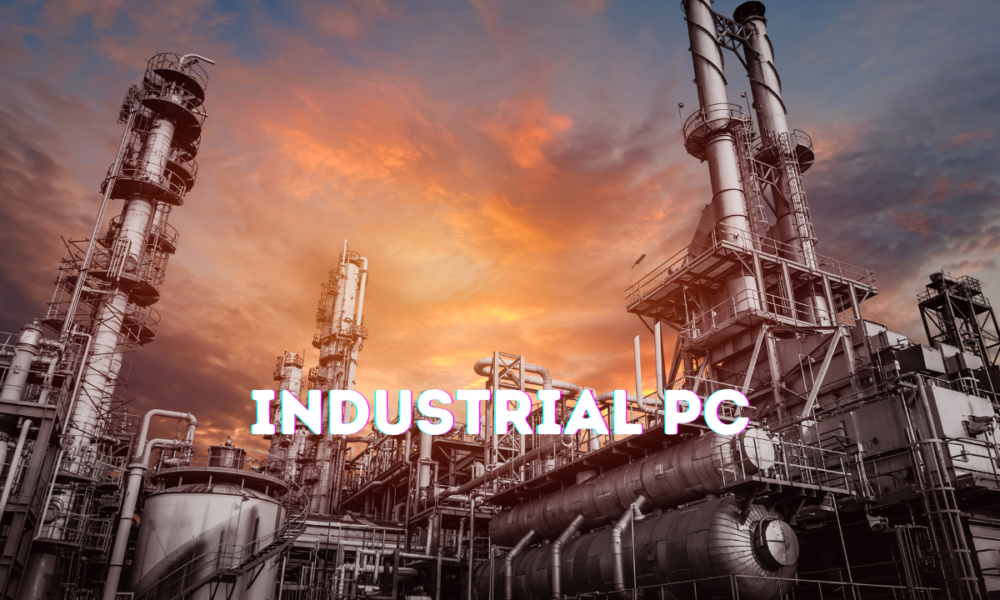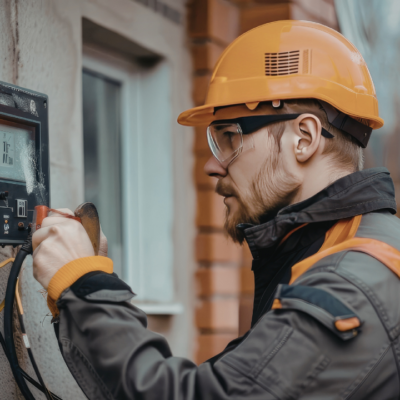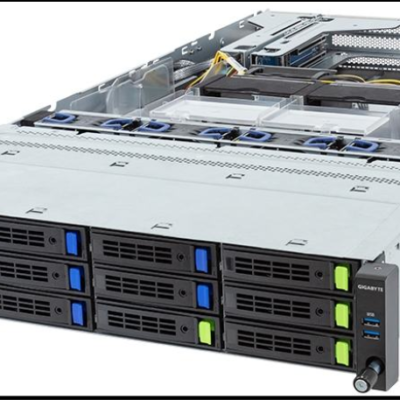Industrial PCs: Paving the Way for Autonomous Manufacturing Systems
In manufacturing, integrating advanced technologies has become paramount to driving efficiency, productivity, and innovation. Among these technologies, industrial computers (IPCs) have emerged as indispensable tools for revolutionising manufacturing systems. From controlling robotic arms to managing data analytics, IPCs play a pivotal role in laying the foundation for autonomous manufacturing systems.
As factories embrace automation and digitisation, IPCs serve as the nerve centre, orchestrating complex processes with precision and reliability. This article delves into the transformative function of an industrial PC in shaping the future of manufacturing and paving the way for autonomous production environments.
Empowering Connectivity:
The seamless integration and communication between various components and systems are at the heart of autonomous manufacturing systems. IPCs are the linchpin in this interconnected ecosystem, providing the computing power and connectivity needed to synchronise operations across the factory floor. Equipped with advanced networking capabilities and robust communication protocols, IPCs facilitate real-time data exchange between machines, sensors, and control systems. This interconnectedness enables manufacturers to optimise workflows, monitor production metrics, and respond swiftly to changing demands, laying the groundwork for agile and adaptive manufacturing processes. As factories transition towards Industry 4.0, they emerge as the catalyst for creating interconnected, intelligent, and autonomous production environments.
Enhanced Processing Power:
The complexity and scale of modern manufacturing operations demand computing solutions that can handle vast amounts of data and perform intricate calculations in real time. IPCs are purpose-built to meet these requirements, offering unparalleled processing power and performance in rugged, industrial-grade enclosures. With multi-core processors, high-speed memory, and advanced graphics capabilities, IPCs can handle the computational demands of sophisticated automation systems, including machine vision, AI-based analytics, and predictive maintenance. This enhanced processing power enables manufacturers to extract actionable insights from large datasets, optimise production schedules, and make informed judgments to drive efficiency and productivity. As manufacturing processes become increasingly data-driven and interconnected, they serve as the computational backbone, powering the transition towards autonomous production systems.
Robust Reliability:
In the demanding environment of manufacturing facilities, reliability is paramount to ensuring uninterrupted operations and minimising downtime. Industrial computers are developed and constructed to withstand harsh conditions, including temperature extremes, dust, vibration, and electromagnetic interference. Encased in rugged enclosures with fanless cooling systems, IPCs offer superior durability and reliability compared to commercial-grade computing devices. This robust construction ensures consistent performance even in the most challenging industrial environments, providing manufacturers with peace of mind and confidence in their automation systems. By leveraging these PCs, manufacturers can achieve higher levels of uptime, reduce maintenance costs, and enhance overall equipment effectiveness (OEE), laying a solid foundation for autonomous manufacturing systems.
Integration with Emerging Technologies:
As manufacturing processes become increasingly automated and digitised, these computers are also evolving to integrate with emerging technologies, reshaping the industry landscape. From Internet of Things (IoT) devices to augmented reality (AR) systems, IPCs serve as the central hub for integrating and orchestrating cutting-edge technologies. By harnessing the strength of these technologies, manufacturers can unclose unexplored opportunities for innovation, efficiency, and competitiveness. For example, IPCs can enable predictive maintenance algorithms to foresee equipment collapses before they occur, reducing downtime and maintenance costs. Similarly, IPCs can support AR applications that provide real-time guidance to workers, improving productivity and quality on the factory floor. By embracing the integration of emerging technologies, the industrial PC is driving the evolution towards autonomous manufacturing systems that are smarter, safer, and more efficient.
IPCs have emerged as indispensable tools in the transition towards autonomous manufacturing systems, empowering manufacturers to achieve unprecedented efficiency, productivity, and innovation. As factories embrace automation and digitisation, they serve as the nerve centre, orchestrating complex processes with precision and reliability. By leveraging the transformative capabilities of these computers, manufacturers can unlock new opportunities for growth, competitiveness, and sustainability in the era of Industry 4.0.











